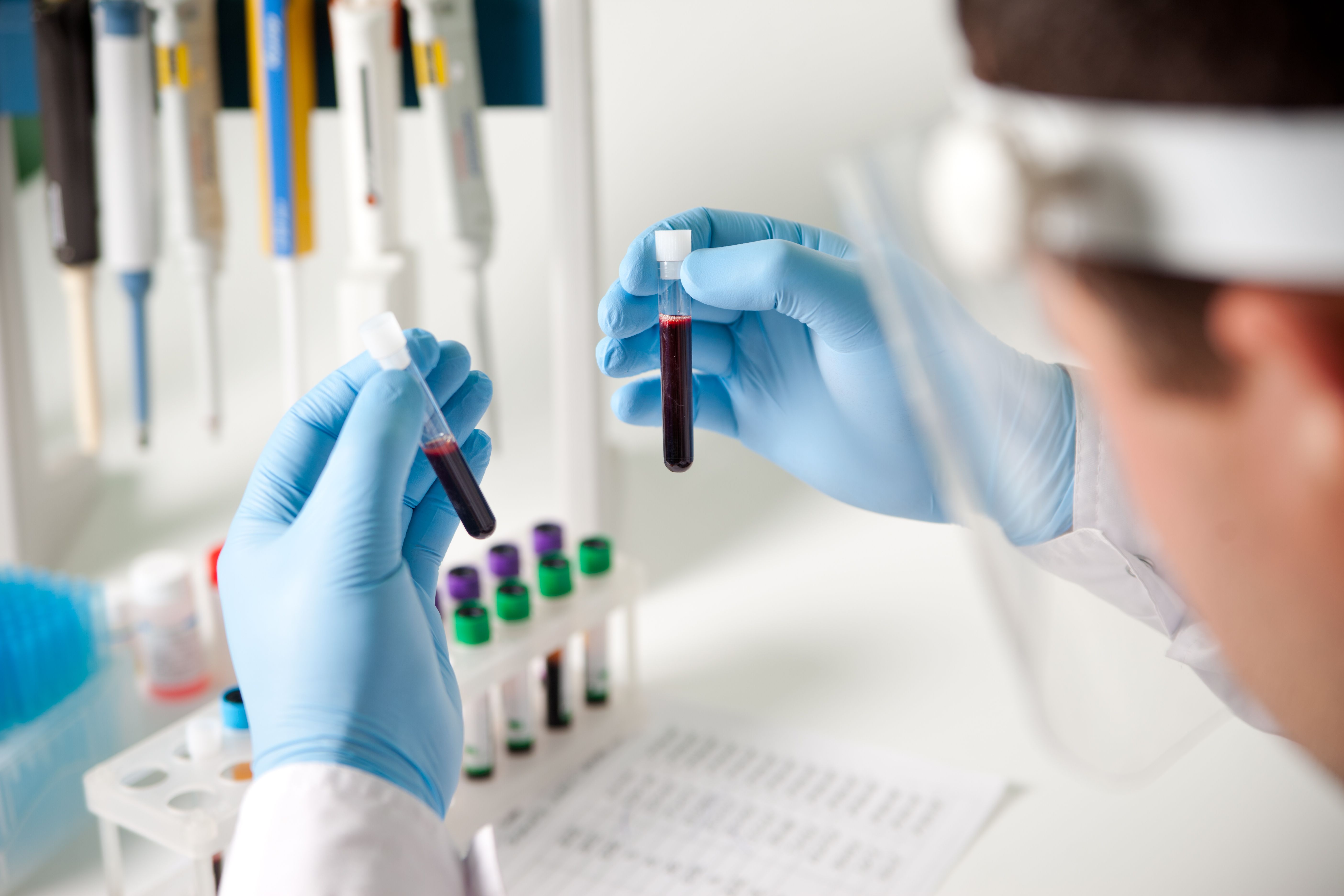News
Article
Study Results Show Evolving DNA Methylation Can Help Understanding of Hematologic Diseases
Author(s):
The authors note that understanding the DNA methylation profile in leukemia can help predict whether or not a patient will respond to treatment.
Research published in British Journal of Haematology demonstrates how DNA methylation profiling in leukemia can predict whether or not a patient will respond to treatment. According to the authors, there are many anti-cancer genes no longer active in human tumors that prohibit the genes from proceeding with their protective function against cell transformation. Methylation is a chemical modification that is used by cancer cells to silence the “good genes,” resulting in a loss of gene expression.1
Image credit: Анна Ковальчук | stock.adobe.com

The study authors said they detected general patterns that were linked to the efficacy of the hypomethylating drug; however, single genes could enable the development of both rapid and inexpensive biomarkers to certain patients who respond to treatment. This can be used to effectively prepare and develop treatment strategies for patients.1
"Our research has analyzed nearly 1 million genome methylation signals in patients affected by a type of blood cancer called myelodysplastic syndrome and who have been treated with the demethylating drug,” said study author and research professor Manel Esteller, MD, PhD, director of the Josep Carreras Leukaemia Research Institute, in a press release.1
The study results indicate that DNA methylation changes which occur at a global scale in patients with myelodysplastic syndromes (MDS)—which has an increased risk of progression to acute myeloid leukemia—following treatment with hypomethylating agents (HMAs), as well as epigenomic signatures and certain CpG sites with potential power can predict clinical response to the DNA demethylating drug. In addition, the findings also show that, even though HMA can induce significant remodeling of the DNA methylation landscape in patients with MDS, those who responded to the therapy had also demonstrated preferentially hypomethylating events at the CpG island regulatory genomic regions. The authors also emphasize that the analyses of the DNA methylome in the MDS cohort prior to the epigenetic therapy already showed some indication about the disease’s path.2
“The genes we have found give us clues about the mechanisms involved in hypomethylating agents’ sensitivity. Some of them are tumor suppressor genes that now 'wake up' to inhibit tumor proliferation, as expected. In other cases, however, what the genes reactivation by the drug is likely to do is to produce proteins (antigens) and other molecules that alert our immune system to fight the disease,” said Esteller in the press release. “These data further support the use of cancer immunotherapy, which is likely to work even better in combination with the use of epigenetic drugs, such as the demethylating drugs included in our study.”1
The study authors note that the findings can be helpful in the further development of prospective research that includes a larger number of patients with MDS to expand the effect of the venetoclax combination. This will broaden the understanding of DNA methylation patterns and their potential in predicting patients’ clinical response to azacytidine.2
“We have found an epigenetic 'fingerprint' that is associated with a good clinical response to these drugs, which can help in the early detection of patients who are resistant to demethylating drugs and in the design or administration of alternative treatments,” said Esteller in the press release.1





